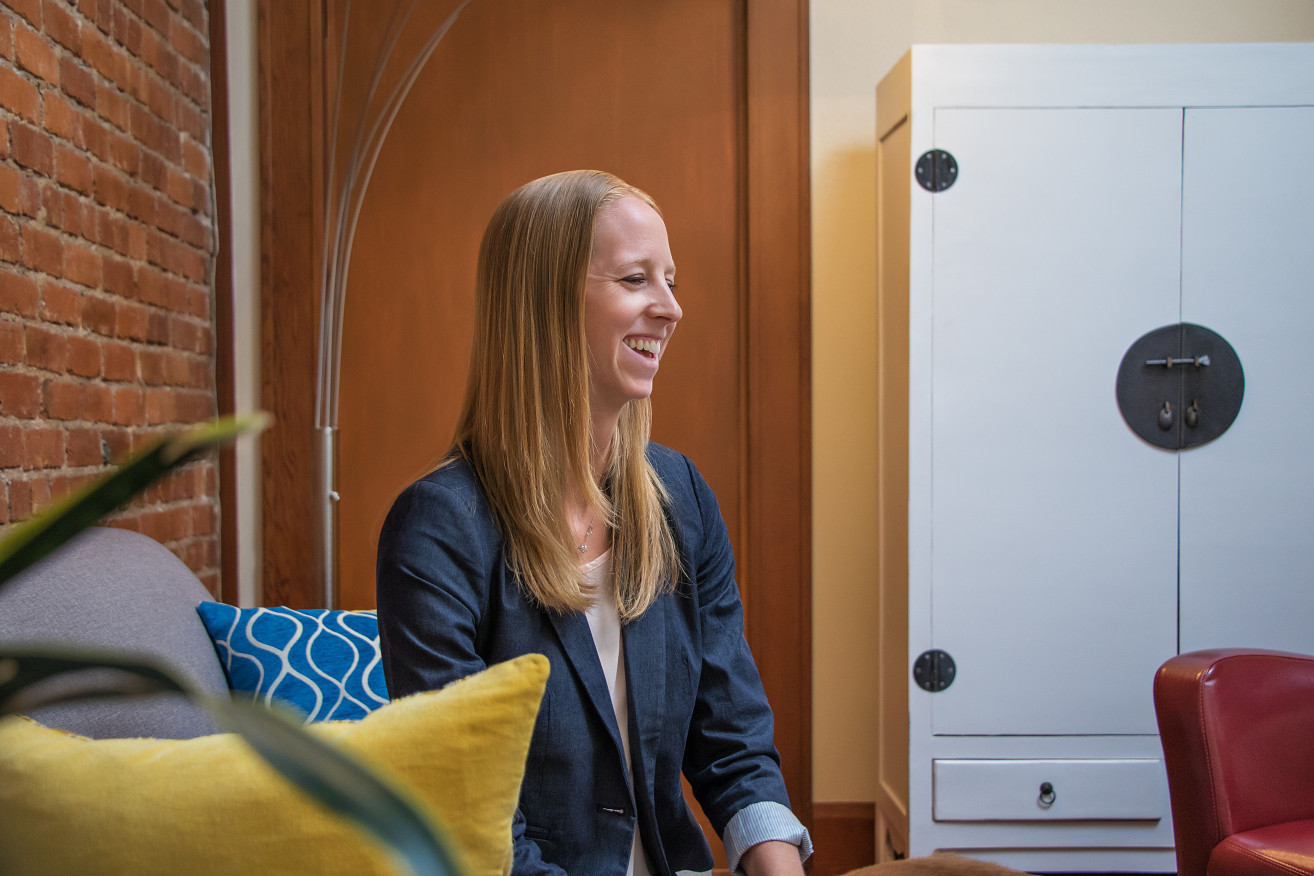– by Kimmy Peterson, MFT –
Yes, another summer has flown by and most of us are ready to send our kids back to school. This year will be full of new challenges and experiences no matter what grade your son or daughter will be attending. Back to school means a time to get your kids ready to embrace the year. New school supplies, backpacks, new clothes, shoes, all of the must-haves. It’s important to get your kids the supplies to make them successful in the classroom, its also get them both mentally and emotionally prepared for what lies ahead. How can you determine if your child will be emotionally and mentally successful? Do they have both self-confidence and self-acceptance that will allow them to embrace the next school year? Self Esteem is one of the most important parts of building your children’s foundation, that you as parents can provide. This will increase their ability to view their world and themselves in a successful manner.
The Importance of Positive Self-Image
When your child is school age, peer relationships and outside influences will play a significant role in molding your child’s self-image. School age youth spend more time with their peers and than they do with their families. Research shows that peer acceptance and relationships are important to children’s social and emotional development and to their development of self-esteem, and the area of peer acceptance, especially in forming friendships, provides a wide range of opportunity for learning and development in children. These peer interactions also allow for self-exploration, emotional growth, and moral/ethical development.
Developing emotional understanding and a healthy, balanced self-image can help your child navigate peer challenges and relationships. Creating time and space to foster healthy communication, and allowing your child to express their emotions will help to foster balanced positive self-image, so it is important that you continue to maintain positive communication with your child, even as an adolescent child may tend to push you away. Allow your child to express concerns, needs, and failures with an open mind. Encourage her to work through her difficult times by identifying her strengths, talents, and ability to change into the people they want to be.
As your child develops into a teenager, physical and emotional changes can make your child’s emotional wellbeing fragile. Puberty can play a major role in how your teenager starts to view himself. There are so many negative influences that can impact the teens, and youth strong self-esteem have a better outlook concerning their physical appearance and can navigate the pressures of how society and their peers believe they should look. How you, as a parent, view your own body image and others around you can set a precedent for how your child will view their own body image. There is a direct correlation between teens who have a positive body image and teens who that have positive and supportive families. If you find that your teenager is feeling negatively about their body image, have a realistic conversation about how their bodies are developing and how they can improve their self-image. If it is a physical appearance that would be healthy for them to change, such as a healthy body weight. Help them set a goal, meet with a specialist, and be a positive role model in developing their self-image.
Concerns and Getting Help
Many studies have linked low self-esteem with unhealthy behavior, social problems, poor academics, bullying, alcohol and drug use, teen pregnancy, isolation, depression, suicide, and other health problems. During some point in your child’s adolescence they will experience negativity and low self-confidence. It is important to evaluate if the issue is something that can be worked through as a family or if the outside help of a specialist would be more fitting. Here is a list provided by the Encyclopedia of Children’s Health of things that may indicate low self-esteem in your child:
feeling they must always please other people
general feelings of not liking themselves
feelings of unhappiness most of the time
feeling that their problems are not normal and that they are to blame for their problems
needing constant validation or approval
not making friends easily or having no friends
needing to prove that they are better than others
Prolonged low self esteem can be too much for a teenage to handle alone. You, as parents, may need to seek outside support to help your child or teenager improve their self-image and make healthy choices. If your child or teenager threatens suicide, professional help should be sought immediately.
The “Teens Health” section of the website Kids Health (available online at http://kidshealth.org/en/teens/self-esteem.html) offers a substantial list of exercises and suggestions to help teens improve their self-image and emotional wellbeing. Teens can actively work to become more aware of their beliefs and thoughts about themselves and redirect them to focus on realistic, positive aspects of themselves rather than on negative one. Just thinking positive thoughts is not enough, though, and in order to truly develop a well-integrated sense of wellbeing, teens need to try new things, exercise, set and achieve goals, and actively serve others in their communities. As a parent, you can enhance your teenager’s self-esteem by leading by example, asking for their help, and listening to their opinions.
Sources and Resources
The Encyclopedia of Children’s Health – http://www.healthofchildren.com/S/Self-Esteem.html
“How Can I Improve My Self-Esteem?” TeensHealth , April 2001. Available online at http://www.kidshealth.org/teen/question/emotions/self_esteem.html (accessed November 14, 2004).
Kimmy Peterson is a Licensed Marriage and Family Therapist in Petaluma, CA.
Kimmy offers counseling for parents and teens hoping to improve their self-understanding, improve their interpersonal skills, and build socially and emotionally balanced lives. Kimmy Peterson offers therapy in the Burdell Building, 405 East D Street, Suite 20, in Petaluma, CA.

